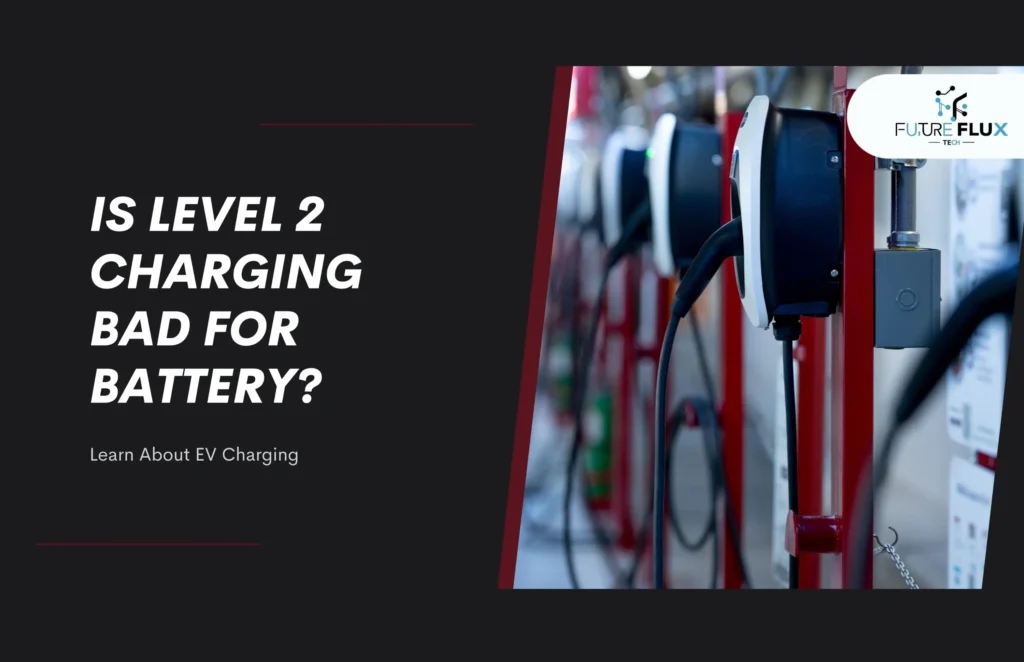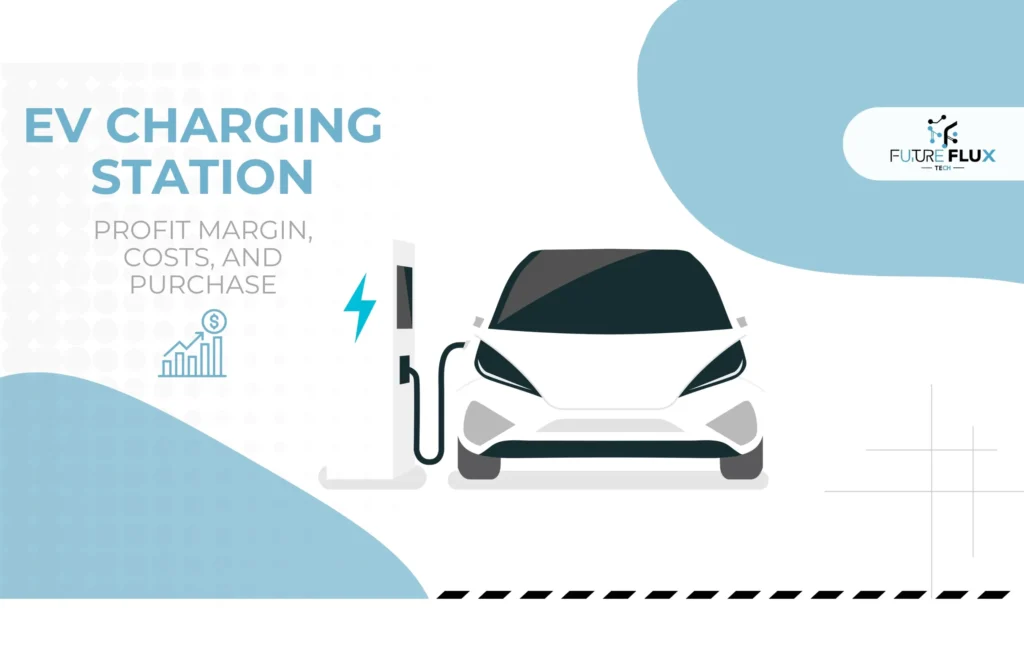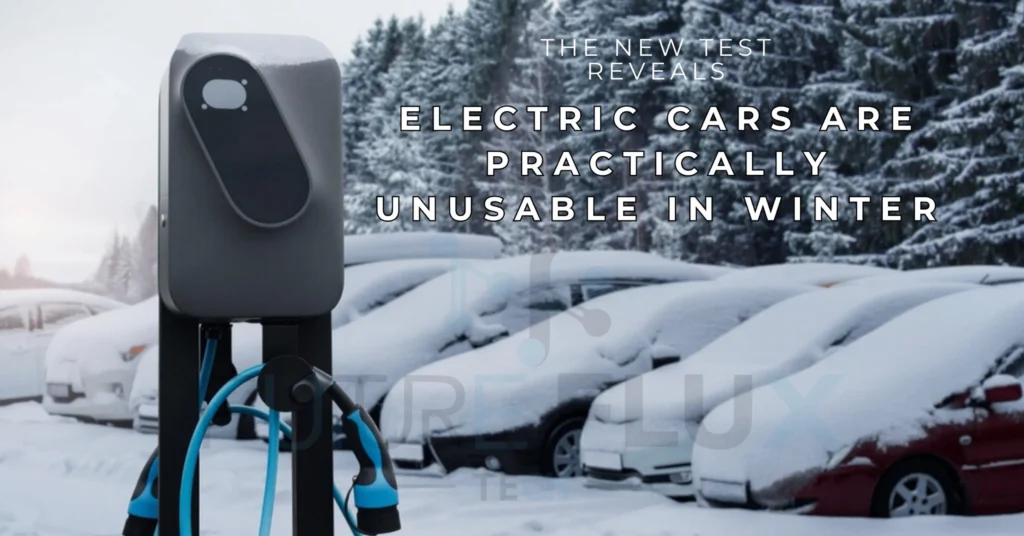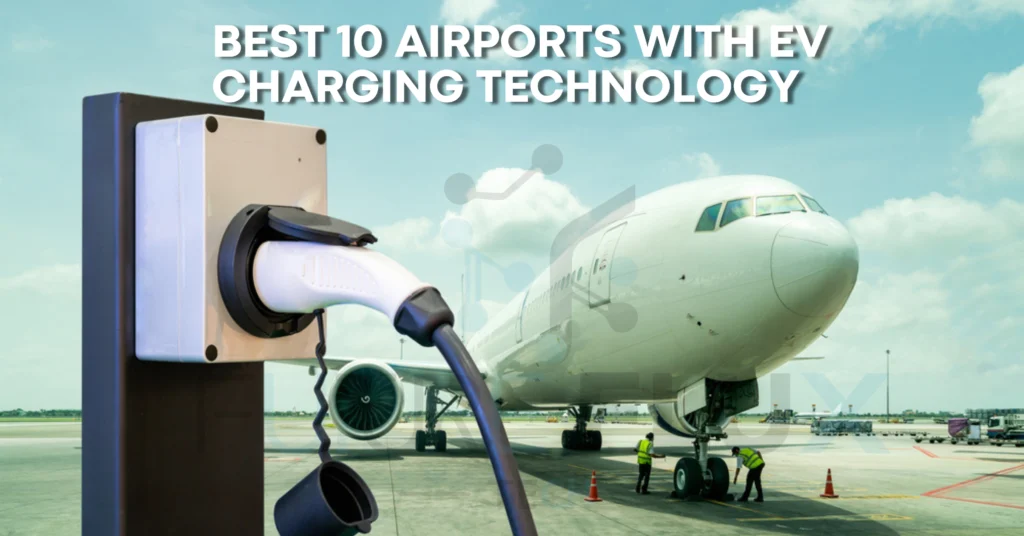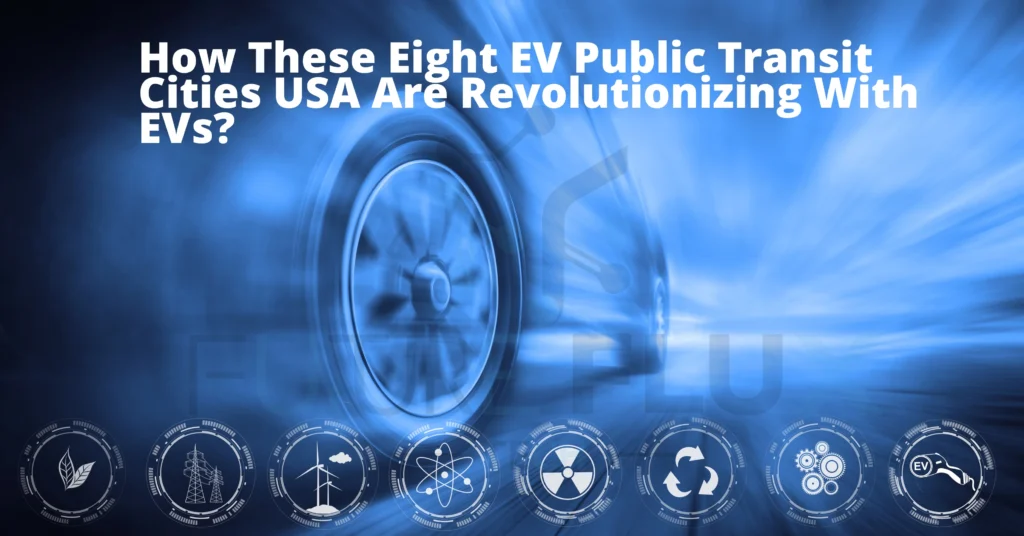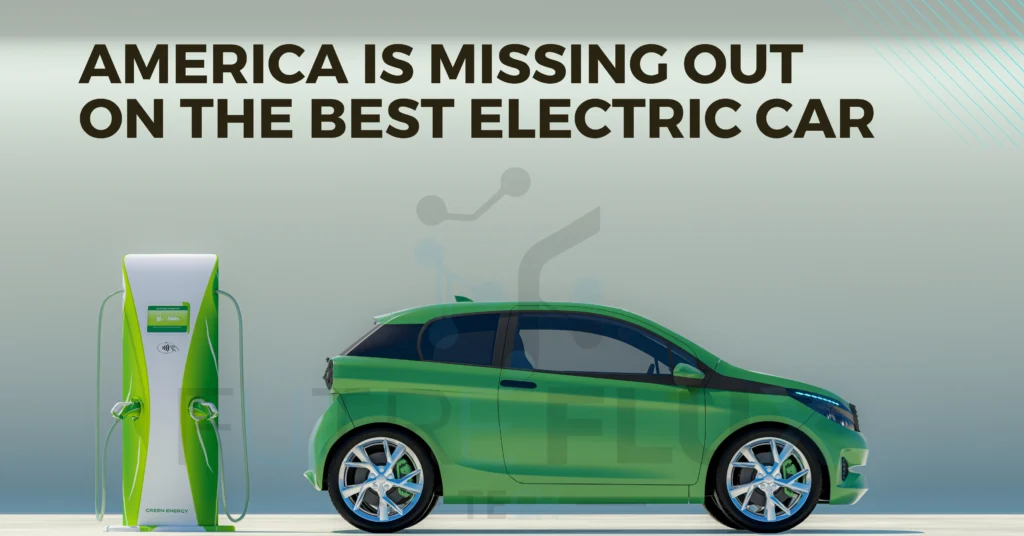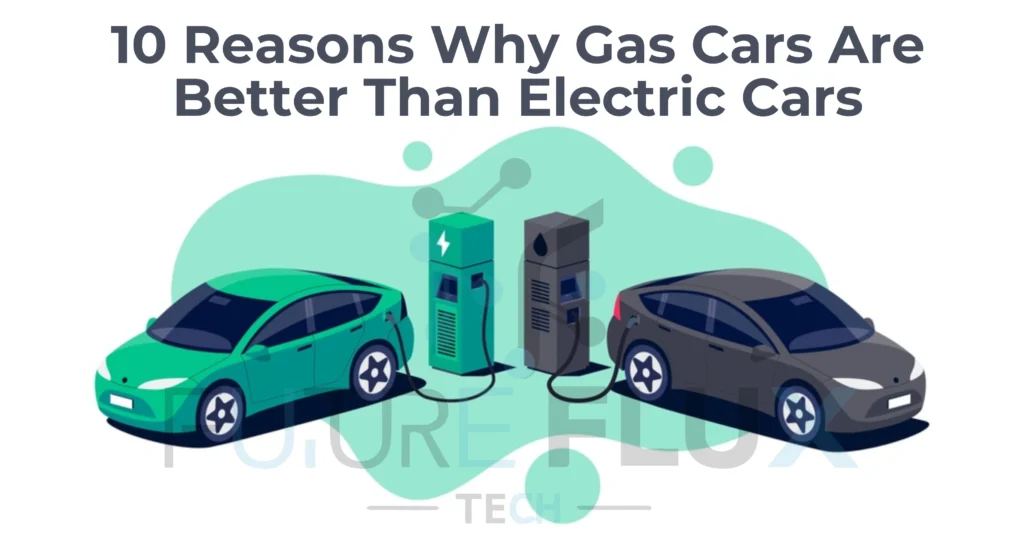Germany, a global leader in automotive innovation, is experiencing significant challenges in the adoption of electric vehicles (EVs). As one of the largest car markets worldwide, its struggles have sparked concerns about the future of EV adoption in other regions. The factors contributing to Germany’s EV challenges include economic constraints, evolving consumer preferences, and infrastructure limitations. These obstacles not only threaten the country’s ambitions for sustainable mobility but also hold broader implications for the global automotive industry. Automakers relying heavily on the German market for EV sales must adapt their strategies to mitigate the potential impact of declining demand.
This article delves into the key challenges facing Germany’s EV market and examines how these issues could influence global automotive trends.
Germany’s Role in the Global EV Market
Germany’s automotive industry has long been regarded as a benchmark for innovation and excellence. With leading manufacturers such as Volkswagen, BMW, and Mercedes-Benz driving technological advancements, the nation has played a pivotal role in shaping the global EV market. However, despite its reputation, Germany’s EV sector faces mounting difficulties, raising questions about its ability to maintain leadership in this critical domain.
The country’s position as a major exporter of vehicles means that the success or failure of its EV market carries global significance. Challenges encountered in Germany often serve as indicators for potential obstacles in other regions, highlighting the interconnected nature of the automotive industry.
Key Challenges Facing Germany’s EV Market
Several factors contribute to Germany’s EV market struggles, ranging from high production costs to inconsistent government policies. Economic uncertainties, exacerbated by inflation and fluctuating energy prices, have also played a role in dampening consumer enthusiasm for electric vehicles.
One of the most pressing challenges is the lack of widespread charging infrastructure. While Germany has made strides in expanding its network of charging stations, it remains insufficient to meet growing demand. Consumers often cite limited access to charging points as a significant barrier to EV adoption, particularly in rural areas where infrastructure development lags.
In addition, the high upfront cost of electric vehicles compared to traditional combustion-engine models continues to deter potential buyers. Although government subsidies and incentives aim to bridge this gap, their inconsistent implementation has led to uncertainty among consumers and manufacturers alike.
Impact on the Global Automotive Industry
Germany’s struggles with EV adoption have far-reaching consequences for the global automotive industry. As one of the largest car markets, its performance influences supply chains, consumer trends, and technological advancements worldwide. Automakers heavily reliant on German sales may face significant challenges as demand declines, forcing them to recalibrate their strategies to maintain profitability.
The ripple effects of Germany’s EV market issues extend to other countries pursuing electrification goals. Nations looking to Germany as a model for sustainable mobility may need to reconsider their own approaches, particularly in addressing the challenges of affordability and infrastructure.
Global manufacturers are also grappling with the need to diversify their portfolios and markets. The decline in German EV sales underscores the importance of targeting emerging markets where demand for affordable electric vehicles is on the rise. By expanding their focus, automakers can reduce reliance on single markets and build resilience against regional fluctuations.
Opportunities Amid Challenges
While Germany’s EV market faces significant obstacles, these challenges present opportunities for innovation and adaptation. Automakers can leverage advanced technologies to reduce production costs and enhance vehicle performance, making EVs more accessible to a broader audience. Additionally, investments in renewable energy solutions and smart grid systems can address the issues of charging infrastructure and energy availability.
Collaboration between governments, industries, and consumers is essential to overcoming these barriers. By aligning incentives, regulatory frameworks, and consumer education initiatives, stakeholders can create an ecosystem that supports sustainable mobility.
The global shift toward electrification also emphasizes the importance of developing localized solutions tailored to specific market needs. Automakers can capitalize on regional variations by designing vehicles that address unique consumer preferences and infrastructure capabilities.
Lessons for Other Regions
Germany’s challenges with EV adoption provide valuable insights for other regions embarking on the electrification journey. Countries aiming to establish robust EV markets must prioritize infrastructure development, affordability, and consistent policy implementation. The German experience highlights the importance of addressing these factors proactively to avoid similar setbacks.
Moreover, collaboration on an international scale can accelerate progress. By sharing best practices, pooling resources, and fostering technological innovation, nations can collectively overcome the hurdles of EV adoption. Germany’s leadership in automotive research and development positions it as a key player in driving global collaboration efforts.
Future Outlook for Germany and the Global EV Market
Despite current challenges, Germany remains committed to achieving its sustainability goals. The country’s automotive industry continues to invest in cutting-edge technologies, including solid-state batteries, autonomous driving systems, and hydrogen fuel cell vehicles. These innovations have the potential to reshape the EV landscape and reignite consumer interest.
On a global scale, the shift toward sustainable mobility is gaining momentum, driven by environmental concerns and regulatory pressures. As automakers navigate the complexities of transitioning to electrification, the lessons learned from Germany’s experience will play a crucial role in shaping future strategies.
By addressing its domestic challenges and fostering international collaboration, Germany has the potential to reclaim its position as a leader in the EV market. This renewed focus on innovation and adaptability will not only benefit the country but also drive progress across the global automotive industry.
Conclusion
The challenges facing Germany’s EV market underscore the complexities of transitioning to sustainable mobility. Economic uncertainties, infrastructure limitations, and inconsistent policies have created significant obstacles, impacting both domestic and global automotive dynamics. However, these challenges also highlight opportunities for innovation, collaboration, and growth.
As Germany works to overcome its struggles, its experience serves as a valuable case study for other regions pursuing electrification goals. The global automotive industry stands to benefit from the lessons learned, ensuring a more resilient and sustainable future. With a renewed commitment to addressing these challenges, Germany and its counterparts can pave the way for a successful transition to electric mobility.
I’m Rehman, a professional with 4 years of experience as a Sales Executive at Tesla in London, where I gained deep knowledge of electric vehicles (EVs). Now, I work as a content writer at Future Flux, using my expertise to create engaging content on EVs and sustainability. Through my writing, I aim to share valuable insights and inspire others to explore the future of transportation.


